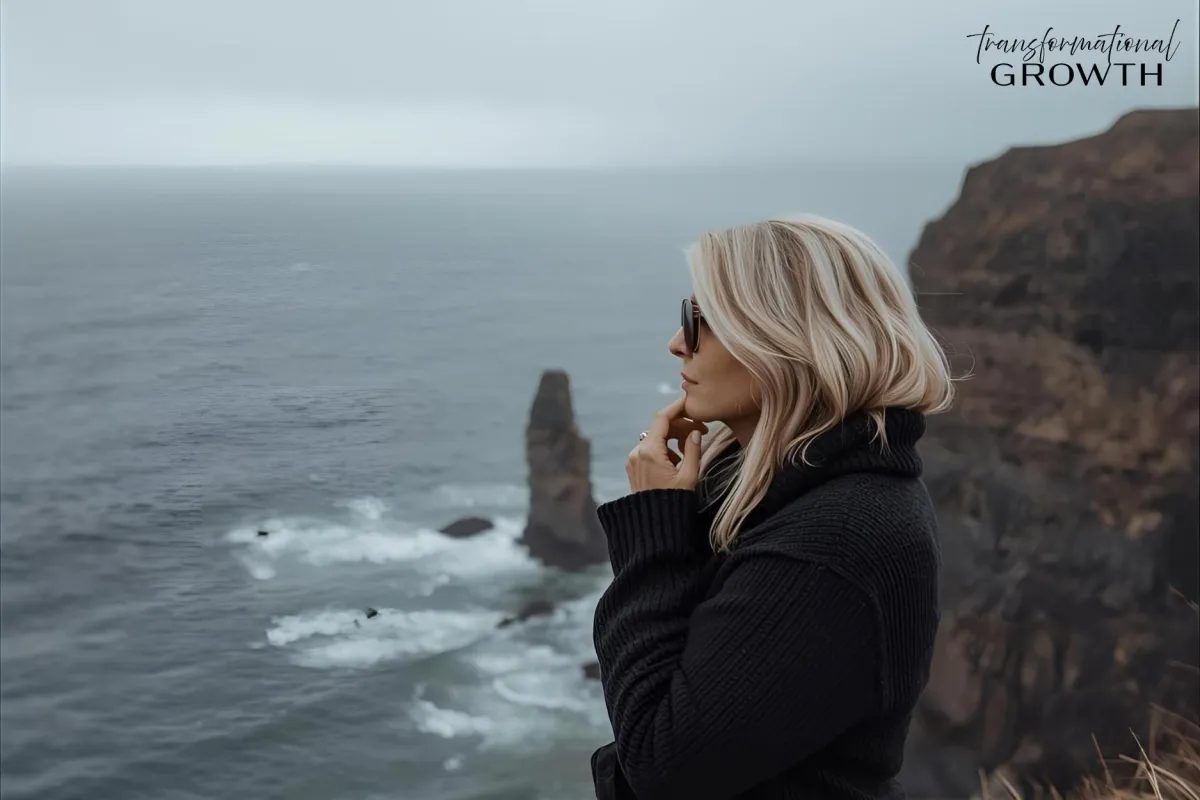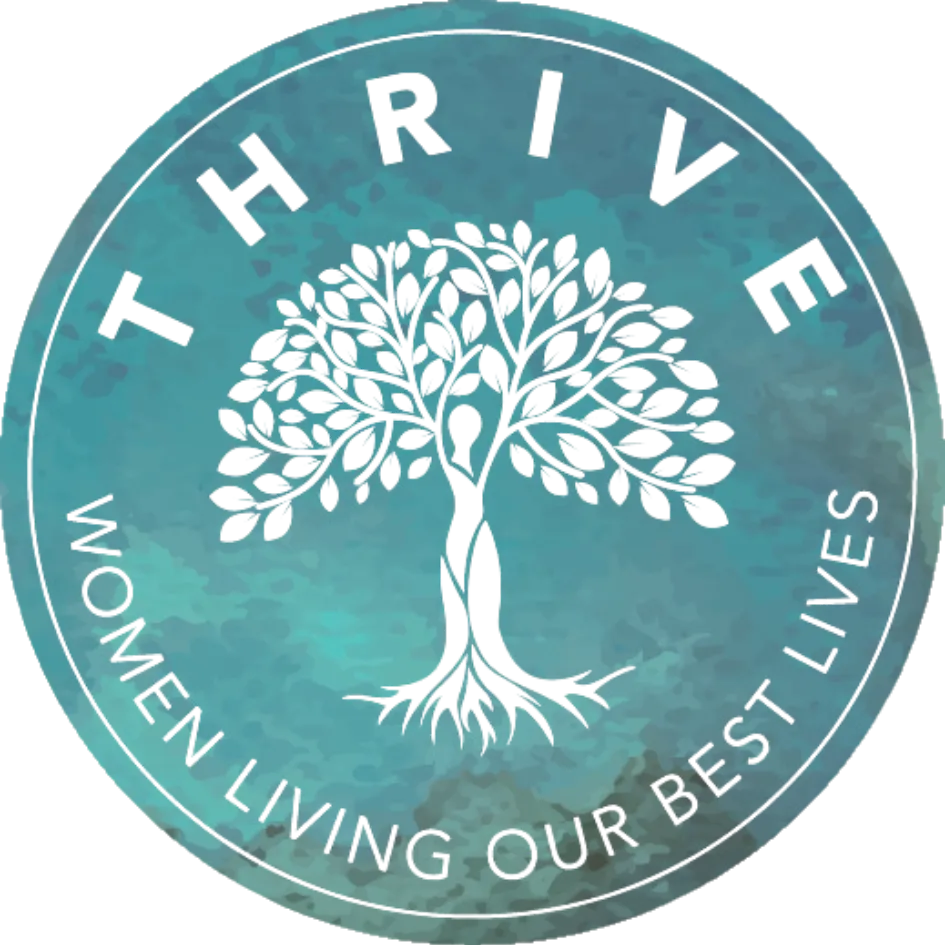
Why Relationships Feel Harder Than They Should (And How to Change the Story)
Many people reach a point in their relationship where they ask themselves: Is this it?
The relationship might look fine from the outside. There’s stability, shared history, perhaps children, a home, and familiar routines. But inside, it can feel like you’re living parallel lives, playing roles rather than being fully yourself.
If you’re single, you may recognise the same feeling from a different angle: repeating old patterns, struggling to connect authentically, or carrying doubts about whether the love you want is possible for you.
These difficulties are real. We can often take them as signs of personal failure, but they are the natural result of forces that almost everyone encounters in long-term love and in dating after disappointment. And the good news is that they can be understood, worked with, and changed.
1. Losing Touch with Your Authentic Self
Over time, many of us bend ourselves into roles that keep the peace or meet expectations, or that felt right many years ago: the provider, the organiser, the one who gives in, or the one who withdraws.
The cost is that we lose sight of who we really are, in life and in love, and we feel unseen by our partner in return.
The shift: Real change begins when we ask, Who am I now? Who do I want to be? Not who I was ten years ago, not who I “should” be, but my living, breathing self today - a self that is full of possibilities for growth and change (even though it might not feel like it).
2. Slipping into Autopilot in Connection
Closeness fades gradually rather than something that is lost overnight. We confuse routine with intimacy, and mistake “being for” someone (supporting, fixing, managing) for “being with” them (sharing presence, listening, being mutually connected and emotionally open to one another). Or we drift into being apart in ways that protect us but leave us disconnected.
The shift: Recognising these patterns creates space for new possibilities. We can experiment with carving out moments of genuine “being with,” inviting support rather than over-functioning, and finding nourishing kinds of space apart.
3. Getting Stuck in Communication Traps
Every relationship develops communication patterns. We develop ways of disagreeing, withdrawing, or blaming. Some people avoid hard conversations altogether and others fall into repeating roles (the Rescuer, the Critic, the Helpless One). Over time, important issues remain unsaid, and the cost of avoidance is that intimacy erodes.
The shift: By noticing these traps and our own patterns and practising clearer ways of starting difficult conversations, we create room for honesty without collapse into old loops. Real communication then opens space for being heard and understood and gives the opportunity for creative solutions to difficult situations.
4. Neglecting the Sexual Self
Sex often becomes the elephant in the room. For some, it fades altogether, and life becomes desexualised. For others, it becomes mechanical or a source of frustration. Beneath this lies something of deeper importance than how frequently we have sex. Attuning to our sexual self lets us examine how we see ourselves as sexual beings, what we want (and don’t want), how important it feels, and how we judge ourselves.
The shift: When we explore our sexual self, we regain agency, feel less deficient, and can make decisions about the sort of erotic world that is meaningful for us, now and in the future.
5. Forgetting to Imagine a Future Relational Self
One of the most overlooked challenges is that we forget relationships are not only about who we have been, but about who we are becoming. Without reflection, we drift into resignation, parallel lives, or repeated patterns.
The shift: By envisioning the person you want to be in love and connection (your desired future relational self), you create a compass for the present. This grounds your choices today with the values, intimacy, and authenticity you want to embody tomorrow.
Why This Matters
Relationships are one of the most powerful mirrors we have for our own becoming. When difficulties arise, they’re an invitation to come back to ourselves.
At Transformational Growth, our programmes (Still Together, But… for those in long-term relationships, and Before You Love Again for those seeking new love) are designed around this principle: real change starts with you.
Through guided reflection, small experiments, and research-based insights, we help people rediscover their authenticity, break old patterns, imagine a future self, and create space for connection that is real, alive, and true.
Join the Thrive Hub and get 25% Off Transformational Relationship Coaching Programmes
Our programmes – Still Together, But … for those in long-term relationships and Before You Love Again for those considering new relationships – are designed to help you pause, reflect, and understand who you are in relationships more deeply. Through guided self-exploration, recognition of old patterns, and your own self-designed small-stakes experiments, you’ll begin to make changes that align more with the healthiest version of yourself and with the future self you most want to be. Drawing on research-backed insights into what makes relationships healthy (and unhealthy), we create space to face the tensions of change with confidence so you can build connections that are mutually enriching and nourish the person you wish to become.



